What is Acoustic Neuroma?
Acoustic neuroma is a noncancerous and often slow-growing tumor that develops on the vestibular nerve — the main nerve leading from your inner ear to your brain. Due to this, this condition is also known as vestibular schwannoma.
This condition can cause hearing loss, ringing in your ear, and unsteadiness due to the fact that branches of this nerve directly influence your balance and hearing.
Rarely, the tumor may grow rapidly and become large enough to press against the brain and interfere with vital functions.
Signs & Symptoms of Acoustic Neuroma
Common signs and symptoms of acoustic neuroma include:
- Hearing loss, occurring on only one side, or more severe on one side
- Ringing (tinnitus) in the affected ear
- Unsteadiness or loss of balance
- Dizziness (vertigo)
- Facial numbness and weakness or loss of muscle movement
In rare cases, the tumor may grow large enough to compress the brainstem and become life-threatening.
Learn more about how your specific acoustic neuroma symptoms can be treated at our neurosurgery clinic by scheduling an e-consult here.
Getting a Spondylolisthesis Diagnosis
If your spondylolisthesis symptoms have already led you to receive a MRI or other form of imaging, we invite you to send this imaging to us for an expert diagnosis. Use the convenient and secure “upload your imaging” button to the right, and follow the short, simple steps.
Our expert spine neurosurgery clinic will automatically receive your files and then contact you to discuss a plan for your best quality of life.
Acoustic Neuroma Treatments
Dr. Morrison views surgery as a last resort, and is focused on maximizing your quality of life through any non-surgical means possible.
There are several different treatment options for an acoustic neuroma, depending on the size and position of your tumor, its rate of growth and your overall medical condition.
The Morrison Clinic believes the best acoustic neuroma treatment options are:
Stereotactic radiosurgery may be recommended by our neurosurgeon clinic if your tumor is small (less than 2.5 centimeters) or you are an older adult or you cannot tolerate surgery
Known as one of the best treatment options, it uses many tiny gamma rays to deliver a precisely targeted dose of radiation to a tumor without damaging the surrounding tissue.
Its goal is to slow or prevent the growth of a tumor, preserve the facial nerve’s function, and in certain cases, to preserve hearing.
Risks of this treatment includes:
- Hearing loss
- Ringing in the ear
- Facial weakness or numbness
- Balance problems
- Continued tumor growth
Proton beam therapy. Is radiation that utlizes high-energy beams of positively charged particles in targeted doses to both treat tumors, as well as minimize radiation exposure, to the surrounding area.
Surgery. As a last resort, surgery to remove the tumor via incision in the skull may be carried out under general anaesthetic.
Note that all treatments carry risks, such as post-treatment facial numbness. However our specialization and deep expertise in treating this particular condition reduces the likelihood of those risks affecting you.
Schedule an e-consult with Dr. Morrison to discuss your signs and symptoms of acoustic neuroma — and your treatment options — today.
Acoustic Neuroma Prognosis
Due to our expertise in treating this condition, patients prognoses is generally very good. Acoustic neuromas usually respond well to treatment and complications are uncommon. However, there is often some hearing loss in the affected ear after treatment.
Fewer than 5 in every 100 acoustic neuromas recur. Nonetheless, out of caution, The Morrison Clinic recommends outpatient monitoring for any symptoms or signs of the tumors’ return after treatment.
Immediately following surgery, I was standing and walking pain free. I am enjoying my life again and have Dr. Morrison to thank!

